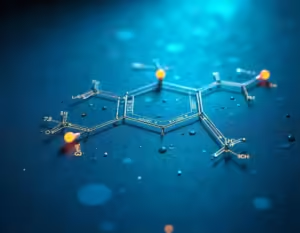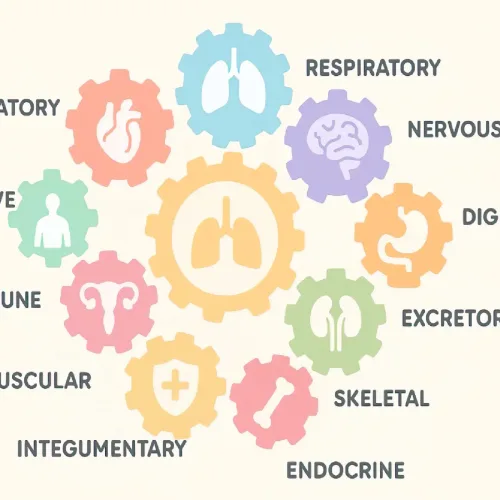Efficiency and precision is essential in petrochemicals. Catalysts have long played a key role, but modern demands require more than that. Today, the industry is turning to efficient catalysts for selective hydrogenation. This innovation is not just about speeding up reactions; it’s about doing so with precision. By minimizing byproducts, these catalysts help in to create cleaner compounds. For industries that rely on precision, this change is not an optional, rather it is essential. Let’s explore how these catalysts are changing the future of petroleum applications.
The Role of Catalysts in Petrochemical Processes
In petrochemicals, catalysts do not just start chemical reactions; they go one step further. They improve yield, cut energy costs, and make otherwise complicated reactions possible by making complicated reactions possible. One example is selective hydrogenation, which can lead to higher costs and decreased quality if there are unwanted products. The right catalyst can make changes in these circumstances.
What is so critical about selectivity?
In a typical hydrogenation reaction, multiple compounds can form, which lowers the purity of the compound. By using selective catalysts, we can choose the reaction. This way, we get only the wanted product. This increases the quality and efficiency.
Types of Catalysts Boosting Selective Hydrogenation
Different catalysts have been developed to meet the unique needs of selective hydrogenation. Here is a look at the two main types:
1. Homogeneous Catalysts
Homogeneous catalysts are soluble in reaction solutions and are easily moveable throughout the fluid. The high molecular level precision these types of catalysts offer is desirable. They are often used for reactions where you require strict control. This allows you to vary the reaction pathway very easily.
2. Heterogeneous Catalysts
Unlike homogeneous types, heterogeneous catalysts do not dissolve. Instead, they work on the surface, making them easy to separate from the final product. This feature also increases stability, allowing the catalyst to be reused. As a result, heterogeneous catalysts are particularly popular for industrial petrochemical processes.
Latest Innovations in Hydrogenation Catalysts

Recent developments have ensured that processes for petrochemicals are always changing for the betterment of humanity. Here are some of the key innovations you should know about:
- Nanoparticle Catalysts: These catalysts operate at the nanoscale. Their reactions occur with less raw material used.
- Metal-Organic Frameworks (MOFs): MOFs are metallic-organic structures that are efficient and highly selective due to the customizable catalyst design.
- Biocatalysts: These catalysts are made from biological components. They replicate natural processes. Many instances occur at lower temperatures, which means less energy input.
Applications and Benefits of Selective Hydrogenation
Selective hydrogenation is used in many petroleum processes. It is essential for creating clean fuels, polymers, and more. These catalysts are already improving efficiency in various industries. Let’s compare traditional catalysts with the newer, more efficient ones.
| Aspect | Traditional Catalysts | Innovative Catalysts |
|---|---|---|
| Efficiency | Moderate | High |
| Selectivity | Limited | Excellent |
| Energy Use | High | Low |
| Cost-Effectiveness | Variable | Competitive |
It is also important that innovative catalysts do not possess low selectivity and are economical in terms of energy consumption. This results in aesthetically pleasing products that are easy on the natural environment.
Challenges with Selective Hydrogenation Catalysts
Even though things are getting better, there are still problems to solve. For example, many innovative catalysts use rare metals, making them expensive. Researchers are working on finding cheaper alternatives. The major challenges and their solutions are as follows:
- Cost: Finding cheaper materials.
- Durability: Making catalysts that last longer.
- Environmental Impact: Developing recyclable catalysts.
Solving these issues will make catalysts even more accessible and effective.
Future of Catalysts in Petrochemical Hydrogenation
The future of hydrogenation catalysts is bright. As research continues, we can expect even more efficient and economical catalysts. This will reduce costs, improve efficiency, and reduce environmental impact. Soon, these catalysts may transform not only petrochemical processes but also the entire manufacturing industry.
References
- New Catalytic Processes for Petrochemical Production
- Recent Advances in Catalysis
- Catalysis in the Petrochemical Industry




